1. “Omo”

It means “child” in both Yoruba and Edo.
2. “Igbo/Ugbo”
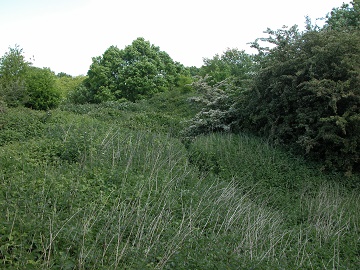
“Igbo” is commonly said by Yoruba, but in some dialects, “Ugbo” is also used and it means the same thing in both Yoruba and Edo.
3. “Baba”
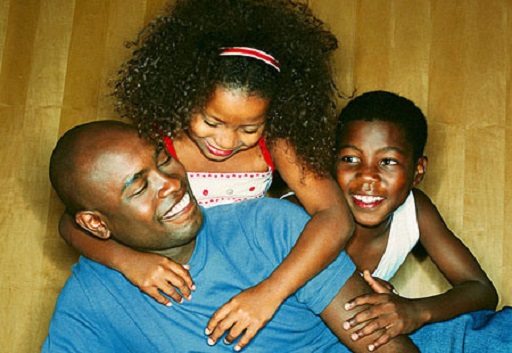
It means “Father” in both Yoruba and Edo.
4. “Oba”
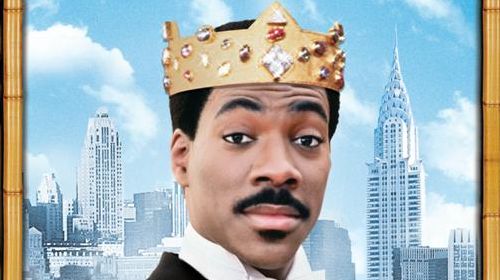
It means “King” in Yoruba and it also means the same thing in Edo.
5. “Iye/Yeye”
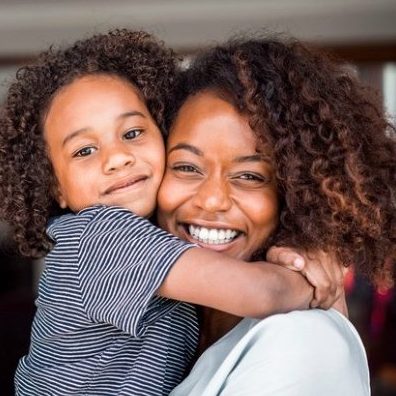
The Yoruba might use “Yeye” more but the words mean the same thing in Yoruba and Edo; “Mother”.
6. “Unu/Enu”
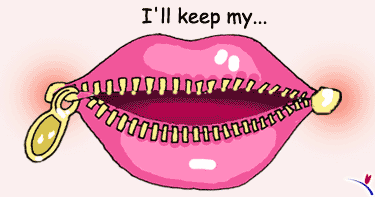
Some Yoruba dialects switch the “u” for the “e” in “enu”, so it’s the same thing with Edo and it means, “Mouth”.
7. “Ogede/Oghede”
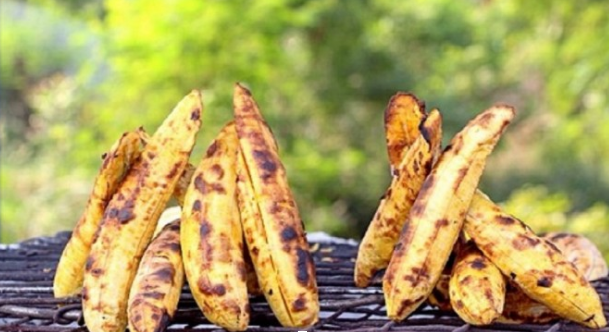
Apart from the slight different spellings, these words are pronouncd the same and mean the same; “Plantain/Banana”.
8. “Ibata/Bata”
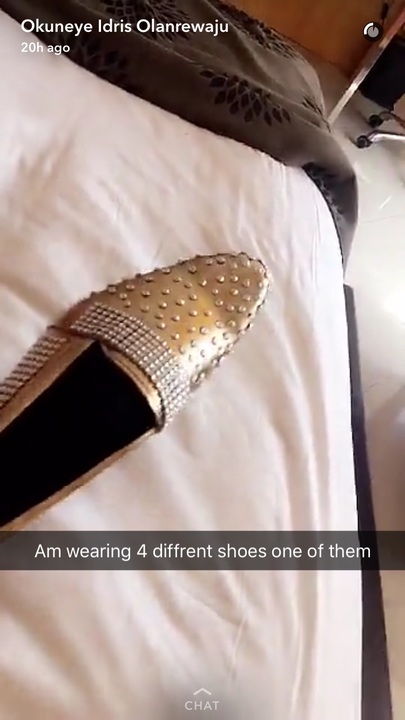
If you can unlook the other ‘i’, this word is really the same thing in both Yoruba and Edo and it means, “Shoe”.



